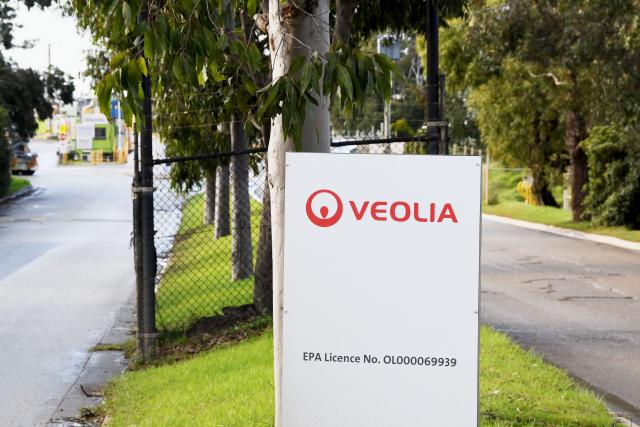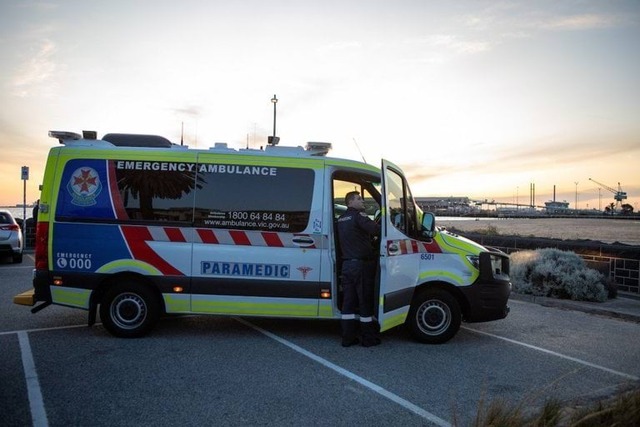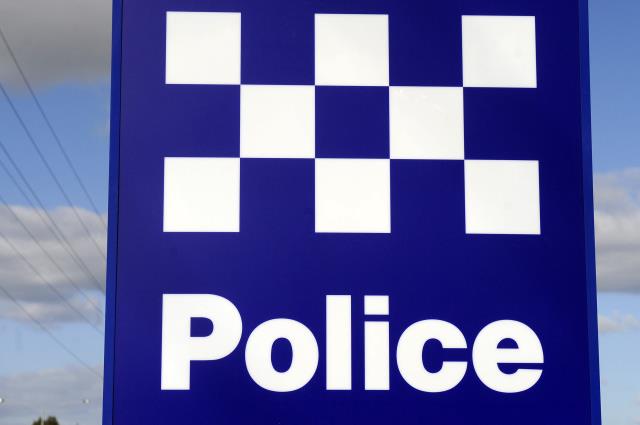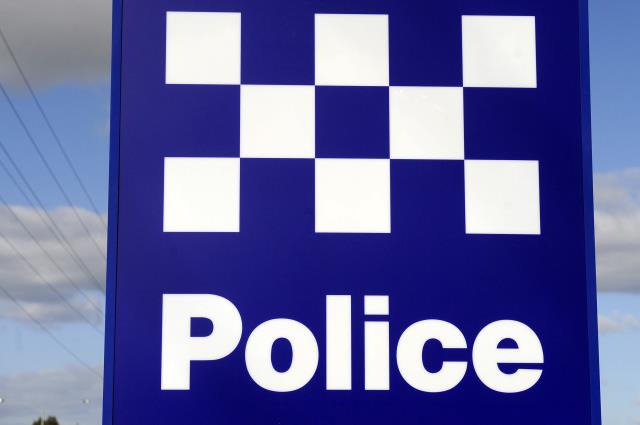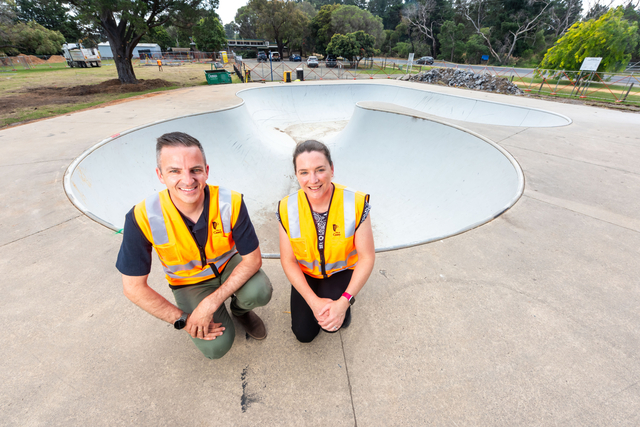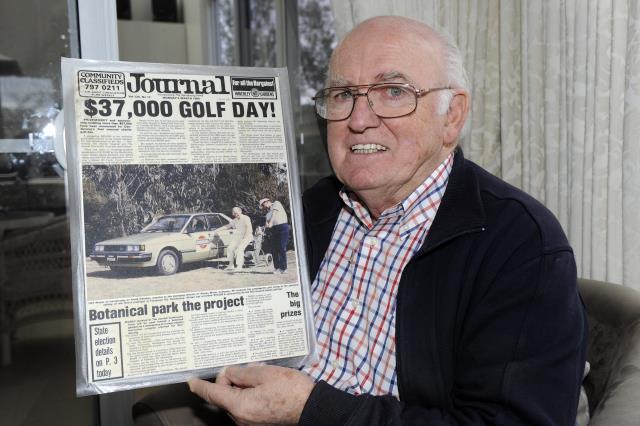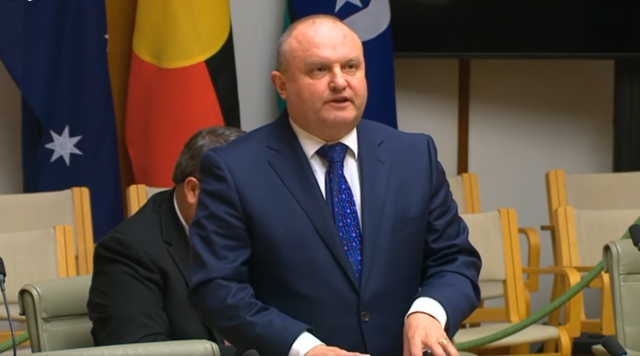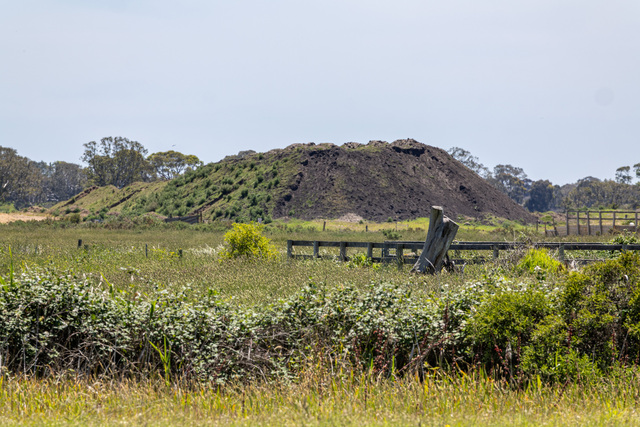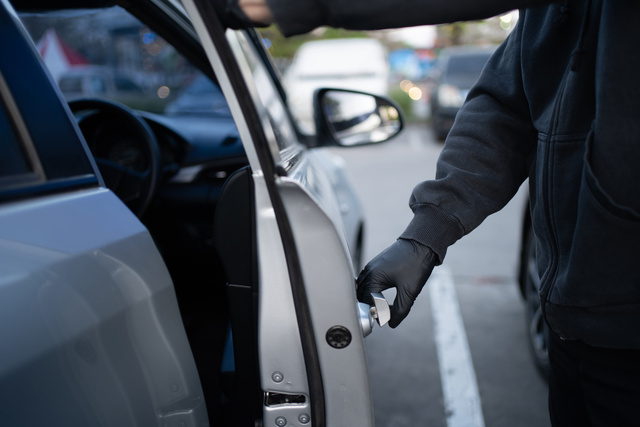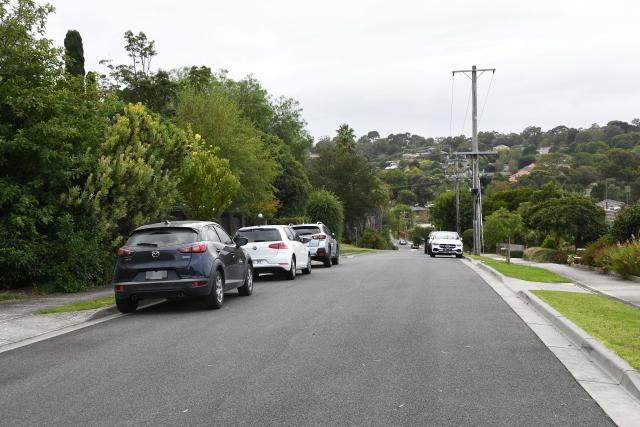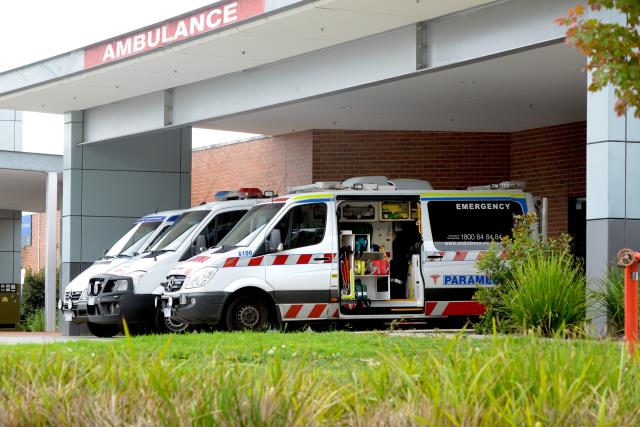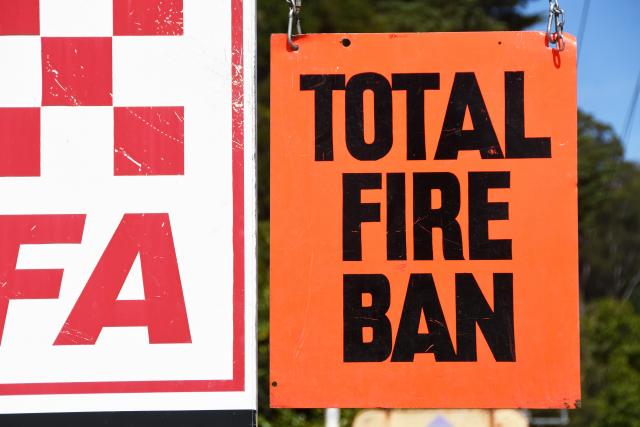Hallam Road landfill operator Veolia brought the Environmental Protection Authority (EPA) Victoria to the state tribunal claiming the state environment watchdog didn’t make a timely decision on its development licence application for the proposed Hampton Park Waste Transfer Station.
In an update to the community, Veolia claimed that a timely decision was important as the proposed Hampton Park Transfer Station would be a vital part of South East Melbourne’s waste infrastructure.
“It is central to modern waste management systems that will transition the region away from landfills and deliver waste to facilities that recycle, recover, or effectively dispose of different waste streams,” it stated.
The landfill operator applied to the Victorian Civil and Administrative Tribunal (VCAT) on Thursday 13 February, to seek a decision on the development licence application for the Hampton Park Transfer Station that was being assessed by the EPA.
“This is because the timeframe for the EPA to make a decision on our proposal expired on January 23, 2025, and we want to have clarity on the outcome, both for the community and ourselves,” it stated.
Veolia stated the action was commonly undertaken to ensure projects continue along the decision-making path.
On 24 January, EPA requested more information from Veolia after receiving more than 700 community submissions. The request has paused EPA’s assessment and decision-making process until the applicant provides a satisfactory response to the matters raised in the submissions.
EPA is also preparing a consultation conference in the community.
Veolia stated that the community feedback already shared with the EPA about the project would also be shared with VCAT, and community consultation would proceed as normal.
“The Tribunal will consider all of this feedback in its final determination. As part of the process, we are still preparing a detailed response to those community submissions, and these will be made publicly available by the EPA in due course,” it stated.
Several community organisations have publicly called out Veolia’s latest move.
Casey Residents & Ratepayers Association vice president Anthony Tassone said the court action was big business trying to ride roughshod over the clearly outlined processes by EPA Victoria and deprive the community of having their say at the upcoming ’conference of interested persons’ that the EPA would be hosting.
“Rather than pulling these stunts and trying to sidestep our independent environment protection regulator, Veolia should focus on addressing the request for further information by the EPA with their development licence application, and to respond to the community’s concerns as outlined in the 751 submissions to EPA’s consultation last year,” he said.
“Given Veolia’s appalling compliance record at the landfill at Hampton Park Hill and not abiding by EPA’s distance separation guidelines from neighbourhood for their proposed waste transfer station, they must be properly scrutinised by our environment regulator.”
A spokesperson of the Lynbrook Resident Association said Veolia had just crossed the line.
“Instead of proving they can operate responsibly, they’re trying to bully their way through the system,” they said.
“This isn’t just about a waste transfer station anymore. This is about a corporation trying to silence the very processes meant to protect us.”
Veolia said they were now waiting for the initial orders from VCAT.
“Once these orders have been made, we will have more information about the Tribunal’s requirements, which we will share where appropriate,” it stated.
“It is important to note that the EPA may still reach a decision about the proposal.
“We will keep the community updated on all possible developments.
“It is our hope that a timely decision will be made about this vital facility, which will give every Casey resident clarity about the future of the site.”
In September last year, EPA started civil proceedings against Veolia in the Supreme Court, alleging a range of serious non-compliances with the State’s environmental protection laws.

